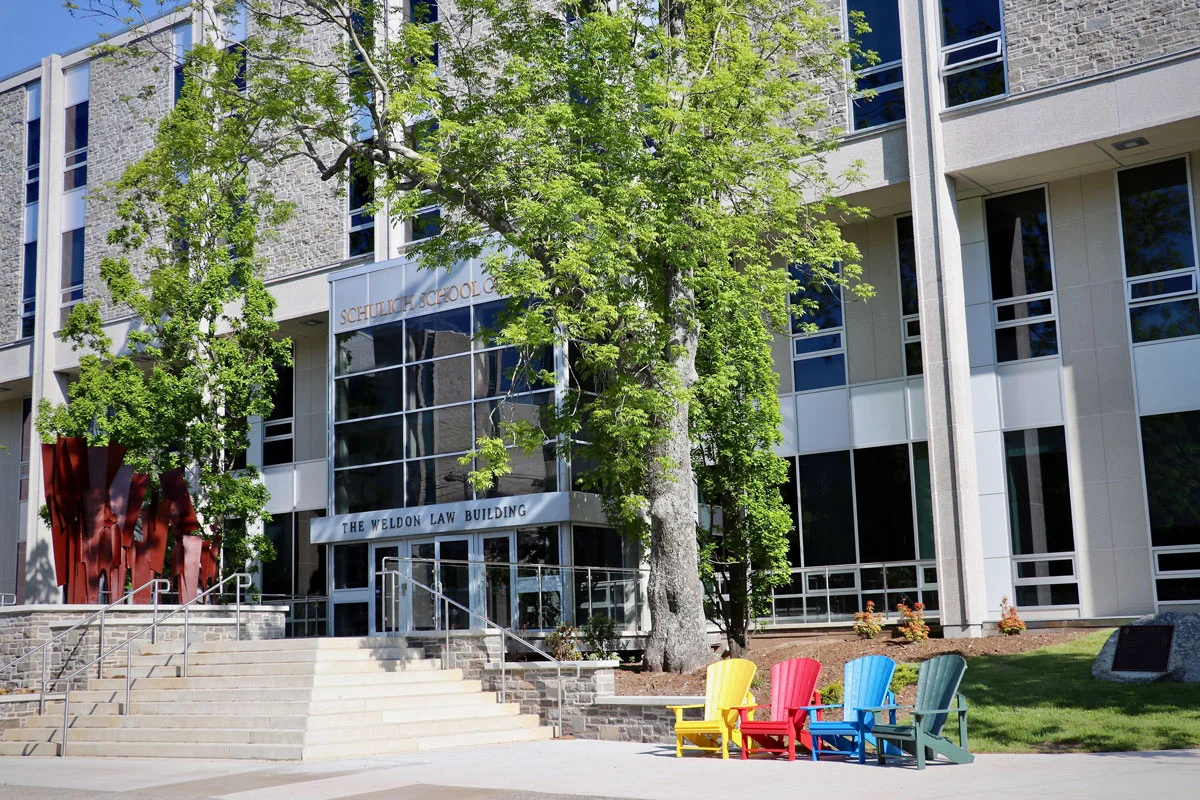Reconciliation & Litigation for the Equitable Provision of Services
Reconciliation is Affronted when Indigenous Peoples are Forced to Litigate for the equitable provision of services
By Heather Webster
Three years have passed since the Canadian Human Rights Tribunal (CHRT) released its landmark decision in the First Nations Family and Child Caring Society v Canada case on January 26, 2016. In its decision, the CHRT ordered the full implementation of Jordan’s Principle. This order, while a significant step in the right direction for Indigenous children, was long overdue. And yet, three years later, the Principle still remains to be fully implemented.
Jordan’s Principle is a child-first principle that was developed in honour of Jordan River Anderson, a First Nations child born with complex medical needs who spent more than two years in the hospital waiting for the Province of Manitoba and the Federal Government to determine who should pay for his home care. Jordan’s Principle provides that where a government service is available to all other children, but a jurisdictional dispute regarding services to a First Nations child arises between levels or departments of government, the government department of first contact pays for the service and can seek reimbursement from other governments or departments later.
The Truth and Reconciliation Commission called upon all levels of government to fully implement Jordan’s Principle. The Principle was unanimously supported by the House of Commons in 2007. In the same year, Cindy Blackstock, Executive Director of the First Nations Child and Family Caring Society, along with the Assembly of First Nations, launched a complaint against the Government of Canada, claiming that its flawed implementation of Jordan’s Principle and its “inequitable provision of child welfare services for First Nations children” were discriminatory. Nine years later the CHRT released its decision in the case, and agreed with Blackstock.
While there has been some progress towards the implementation of Jordan’s Principle since the CHRT decision, there has been continued delay and resistance by the Government. There have been seven non-compliance orders to date against the Government of Canada. In response to one application regarding non-compliance, Canada’s defence was that three months following the 2016 decision, Indigenous and Northern Affairs Canada (INAC) and Health Canada had begun discussions on the process for “expanding the definition of Jordan’s Principle”. Ruling on whether this constituted compliance, the Panel specified the order was to immediately implement the full meaning and scope of the principle, “not immediately start discussions to review the definition long term”.
However, since the non-compliance order focusing on Jordan’s Principle in 2017, there has seemingly been more progress and greater compliance in this area. For example, the federal definition of Jordan’s Principle now includes all public services, all jurisdictional disputes and extends to status children who reside both on and off reserve. Additionally, since May 2017 there have been over 90,000 services approved under Jordan’s Principle. The federal government has earmarked $382.5 million in funding for Jordan’s Principle for 2016-2019, however there is uncertainty about whether this funding will continue beyond 2019.
Despite the recent progress, one cannot ignore the alarming fact that the Government of Canada has engaged in protracted and vigorous litigation to defend its position on child welfare. Despite having pro bono representation for much of the case, the First Nations Child and Family Caring Society still paid over a quarter of a million dollars in legal fees and associated costs fighting to stop the Government from discriminating. What is more egregious is the over $8 million of public money that the Government spent in legal fees fighting First Nations children and families.
Despite well over a decade of advocacy, the Principle has yet to be fully implemented as envisioned by First Nations. In 2018, a resolution was passed from the Assembly of First Nations (AFN) calling on Canada to continue to invest in, and implement Jordan’s Principle, beyond March 31, 2019. Earlier this year, Cindy Blackstock appeared before the Tribunal again because Ottawa had been rejecting claims on the basis of a First Nation child not being registered under the Indian Act. The Tribunal ruled in February, 2019 that Jordan’s Principle is to apply to non-status children living off-reserve who have urgent or life-threatening needs. There remain continuing areas of concern, such as integration of the best interest of the child considerations, and procedures for identifying and responding to urgent cases.
The ability of the CHRT to order systemic remedies has been questioned by legal and human rights scholars and advocates in the past. In this case, much of the compliance with the orders to date has been on immediate and short-term actions and, with no guarantee that the funding for Jordan’s Principle will continue beyond 2019, underlying systemic discrimination issues remain to be addressed. Only time will tell whether the CHRT can serve as an effective mechanism to hold the Government accountable in this case and ones similar.
However, even if the CHRT proves to be an effective mechanism, the use of this forum should not be required in order to see progress and equity in the provision of services for Indigenous people, such as health care, education, and other areas that impact the social determinants of health. Unfortunately, it is hard to imagine that the Government will have a different litigation strategy in responding to the fight for these services than in the First Nations Child and Family Services v Canada case, which involved some of Canada’s most vulnerable children and youth.
The experience of the First Nations Child and Family Caring Society cannot be the norm for Indigenous groups fighting for the equitable provision of other services; it should not take more than ten years for progress to be made nor require the same kinds of resources as in this case. If it does, the approach of the Government would continue to be directly dissonant with Canada’s stated commitments to Indigenous peoples and to reconciliation.




